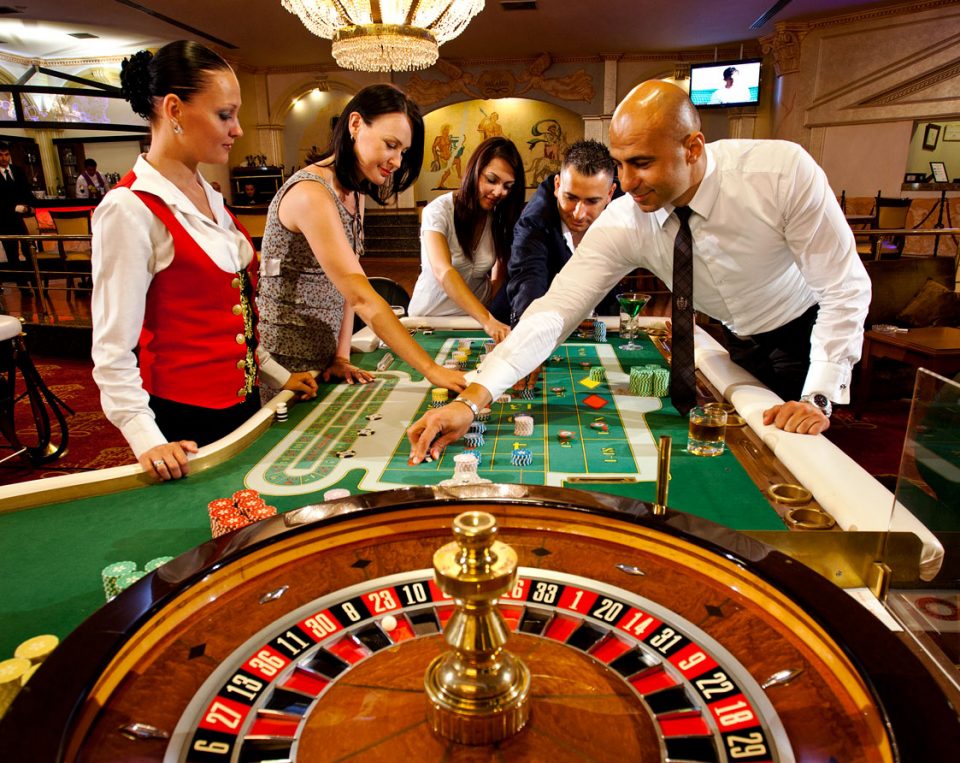
Upon walking into the this lively realm of betting establishments, gamblers are often greeted by a whirlwind of thrill and energy. Ranging from the rotating roulette game to the shuffling of cards in the popular card game, the setting is charged. Nonetheless, for many newcomers, navigating through the numerous gaming options can be overwhelming. Comprehending the particular terminology used in these games is essential for enhancing your experience and making smart decisions at the gaming tables.
Games of chance come with their own unique set of terminology that can be both captivating and, at times, overwhelming. Knowing terms like "bankroll," "profitable," or "house edge" can noticeably improve your gameplay and allow for a more satisfying experience. This resource aims to demystify the language of gambling games, helping both neophytes and veteran players become more at home in the exhilarating world of casinos. Whether you are looking to test your fortune at a poker machine or challenge yourself at a poker table, familiarizing yourself with the jargon will undoubtedly be advantageous.
Frequent Casino Terminology
When moving through the world of casino games, a clear understanding of the language can boost your experience and boost your performance. One of the commonly used terms is "house edge," which denotes the numerical advantage that a gambling house has over the players. This edge ensures that, over time, the casino will consistently make a profit from the games. It varies by game; for instance, slot machines usually have a higher house edge in comparison to activities like 21 or poker, where strategy can minimize the house’s profitability.
Another important term is "wagering limit." This indicates the smallest and highest amounts that participants can wager on a particular game or station. Betting limits are established to ensure that gaming stays fun and within the budget of all participants. Comprehending the wagering caps is essential for gamblers to control their finances effectively. Regardless of whether you are a high roller or prefer smaller wagers, knowing the limits can affect your approach and overall satisfaction.
Lastly, the expression "return" is important when talking about gambling activities. Return indicates the amount of money a player can get when successfully betting on a wager, often expressed as a proportion or fraction of the starting wager. Ga179 Various activities have varied payout structures, and understanding how they work can help gamblers in deciding wisely about where to place their money. It is important to seek activities with favorable payouts to increase winning potential while relishing the excitement of the gambling environment.
Game-Specific Jargon
Every gambling title contains a specific collection of language that participants utilize to communicate strategies, consequences, and game features. For example, within blackjack, the phrase "bust" indicates a participant surpassing a total of 21, causing an instant loss. Participants frequently use phrases like "hit" as they request an additional card and "stand" when choose to hold onto their existing set. Familiarity with these phrases is crucial for new participants to deal with the game efficiently and engage in dialogues with seasoned players.
Within the game of poker, you will come across terminology which may be quite unique to the variation in play. Terms such as "flop," "turn," and "river" refer to the shared cards distributed in the Texas Hold’em variant. A "bluff" indicates tricking rivals about the power of one’s hand, while "all-in" indicates a player wagering their entire stack of tokens. Understanding these phrases is vital to participating in the game and provides players an edge when it comes to strategy and betting dynamics.
Slot games, while simpler than traditional games, contain their terminology as well. Terms like "payline" and "reels" indicate the basic elements of the game. A "jackpot" indicates the highest payout a player can receive, often achieved through a unique combination of icons. Players may also consider "bonus rounds" as unique features within a game capable of enhance payouts or provide more gameplay opportunities. Knowledge with this language can boost the pleasure and understanding of slot machines.
Gambling and Payouts Terminology
Understanding the language related to betting and payouts is important for mastering gambling games. Betting refers to the process of making a wager on the result of a match. Each activity has its own least and highest bet limits, which can differ significantly depending on the casino and type of game. Understanding these thresholds can help gamblers control their funds effectively and choose activities that match their betting approach.
Payouts are what gamblers receive when they succeed a wager, and understanding the payout structure is vital for making smart betting choices. Different casino activities have different payment systems, often expressed in terms of probabilities or rates. For example, slot machines may offer set winnings, while gaming tables like blackjack might have intricate payout structures based on the kind of bets placed. Familiarizing oneself with these structures can improve the gambling journey and strategize for optimal results.
Terms like casino advantage and return to player also are important in the understanding of winnings in gambling games. The casino advantage represents the casino’s inherent advantage over players, influencing long-term winning chances. On the flip side, return to player, commonly abbreviated as Return to Player, indicates the proportion of wagered money that a game is intended to pay back to gamblers over the long run. These concepts help players make smarter choices about where to put their bets and understand the probabilities they are facing.
